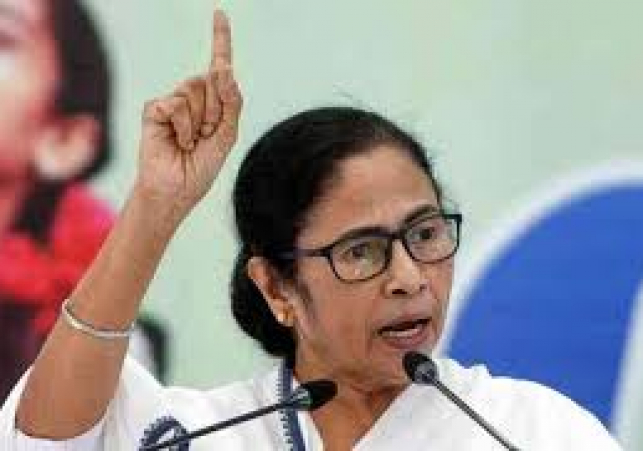

The Central Government had issued a letter to all state governments in December, asking their input on proposed changes to the IAS (Cadre) Rules, 1954. (“Cadre Rules”).
West Bengal Chief Minister Mamta Banerjee wrote to Prime Minister Narendra Modi on Tuesday, expressing her “strong reservations” about proposed changes to the IAS (Cadre) Rules, 1954, and requesting that he withdraw the proposal because it is “against the spirit of cooperative federalism” and will affect state administration.
The proposed revisions aim to alter the regulations governing the central deputation of IAS officers from various states.
The Central Government addressed a letter to all state governments in December, asking for their input on proposed changes to the IAS (Cadre) Rules, 1954 (“Cadre Rules”).
“I express my strong reservations to the approach taken by the Central Government in proposing such amendment to the Cadre Rules that unilaterally mandate the State Government to make such number of officers available for deputation as prescribed under the Central Deputation Reserve,” Banerjee wrote in her letter to the Prime Minister. The proposed modification not only goes against the spirit of cooperative federalism but also disrupts the long-standing amicable agreement between the Centre and the States in the area of IAS-IPS officer posting.
“By insisting on officers being made available for deputation through the proposed amendment, not only will the administration of States be affected, but it will also become impossible to assess and plan the administration of a State – by engaging such officers who form part of the Central Deputation Reserve, fraught with the uncertainty. Of their sudden deputation by the Centre,” Banerjee wrote, explaining her reasons.
According to current standards, the Centre requests an “offer list” of officers from the All India Services (IAS, IPS, and Indian Forest Service) cadre who are willing to serve on federal deputation every year from states, and then picks individuals from that list.
“Each State Government shall make available for deputation to the Central Government, a such number of eligible officers of various levels to the extent of the Central Deputation Reserve prescribed under regulations referred to in Rule 4(1), adjusted proportionately by the number of officers available with the State Government concerned vis-à-vis the total authorized strength of the state cadre at the given point in time,” according to the proposed amendment to the rules. The number of officers to be deputed to the Central Government will be determined by the Central Government in collaboration with the State Governments.
“In case of any disagreement, the subject shall be decided by the Central Government, and the State Government or State Government involved shall be notified,” the suggested insertion said.
“I implore you to consider that the reciprocal spirit of interactive and collaborative give and take, designed in the existing system, should not be substituted by unilateralism,” Banerjee said. I would also advise you to reflect that, in the end, India resides in its states, to quote Gandhiji.